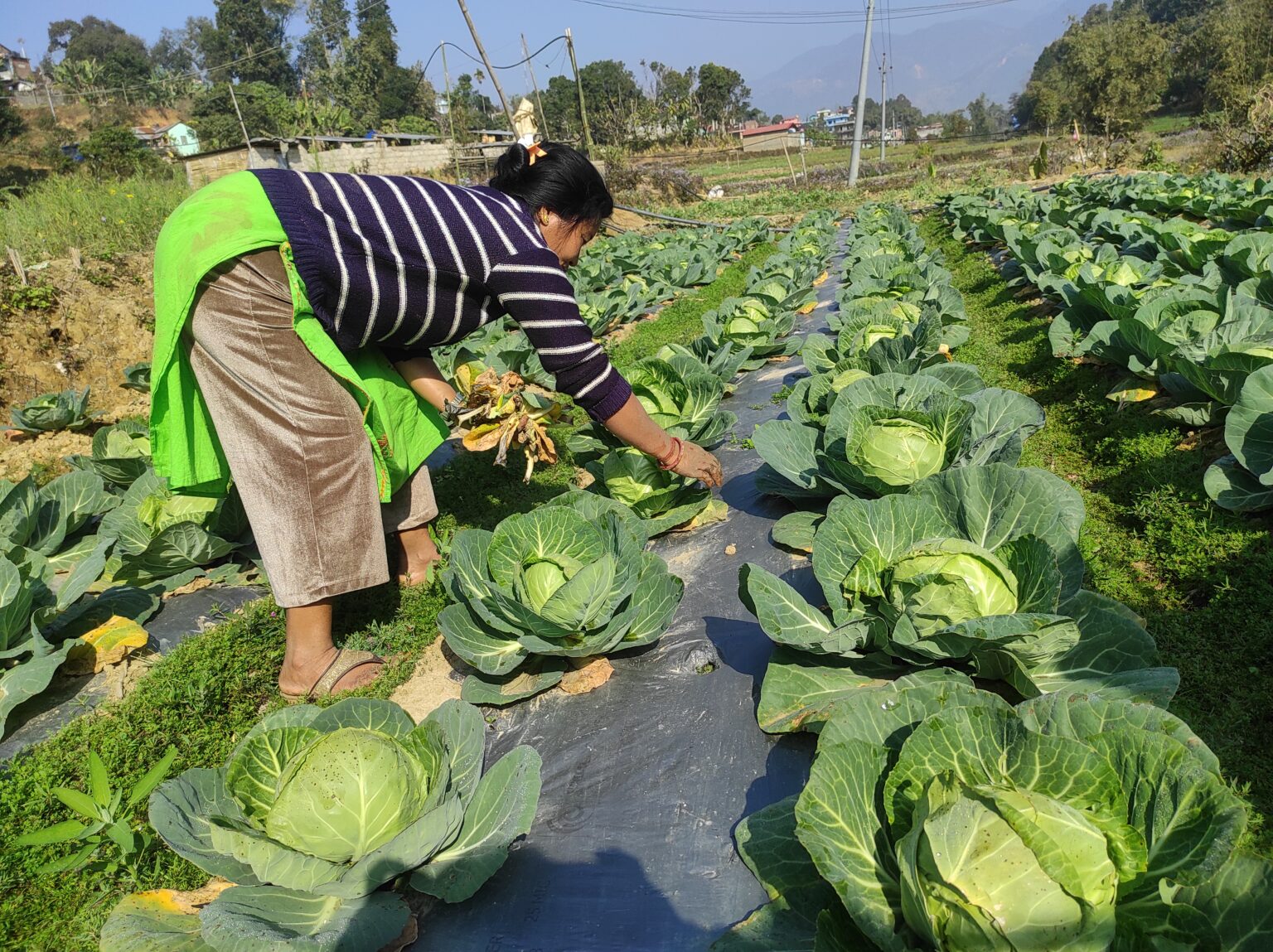
Climate Justice
Indigenous Peoples, particularly Indigenous Women, are among the most vulnerable populations affected by climate change. The unique challenges they face require tailored solutions that not only address immediate needs but also promote long-term sustainability and resilience. The National Indigenous Women Forum (NIWF) has recognized this critical need and has been at the forefront of advocating for climate justice.
To empower Indigenous Women and their communities, NIWF has initiated a series of comprehensive Climate Smart Farming training programs. These programs are specifically designed to help Indigenous Women Groups develop sustainable agricultural practices that enable them to produce fresh vegetables throughout the year, including off-season periods. By implementing these practices, the women can sustain themselves and their families, ensuring food security and economic stability.
One of the most significant achievements of NIWF’s training programs has been the substantial reduction in the use of chemical pesticides. The women have embraced environmentally friendly farming techniques, which are beneficial not only for their health but also for the preservation of their natural surroundings. This shift towards organic farming practices contributes to the overall health of the ecosystem, promoting biodiversity and reducing environmental pollution.
Achieving climate justice requires a multifaceted approach that addresses the social, economic, and environmental dimensions of climate change. It involves ensuring that the voices of the most vulnerable and marginalised communities are heard and that their rights and needs are prioritised and NIWF works to bring forth Indigenous Peoples voices.

